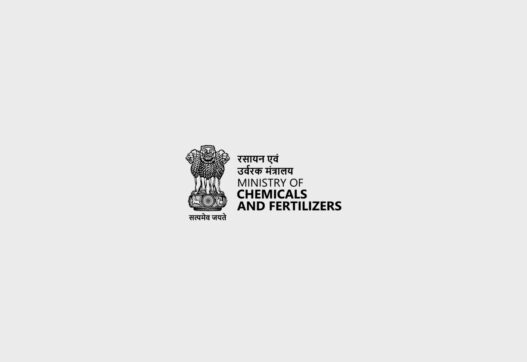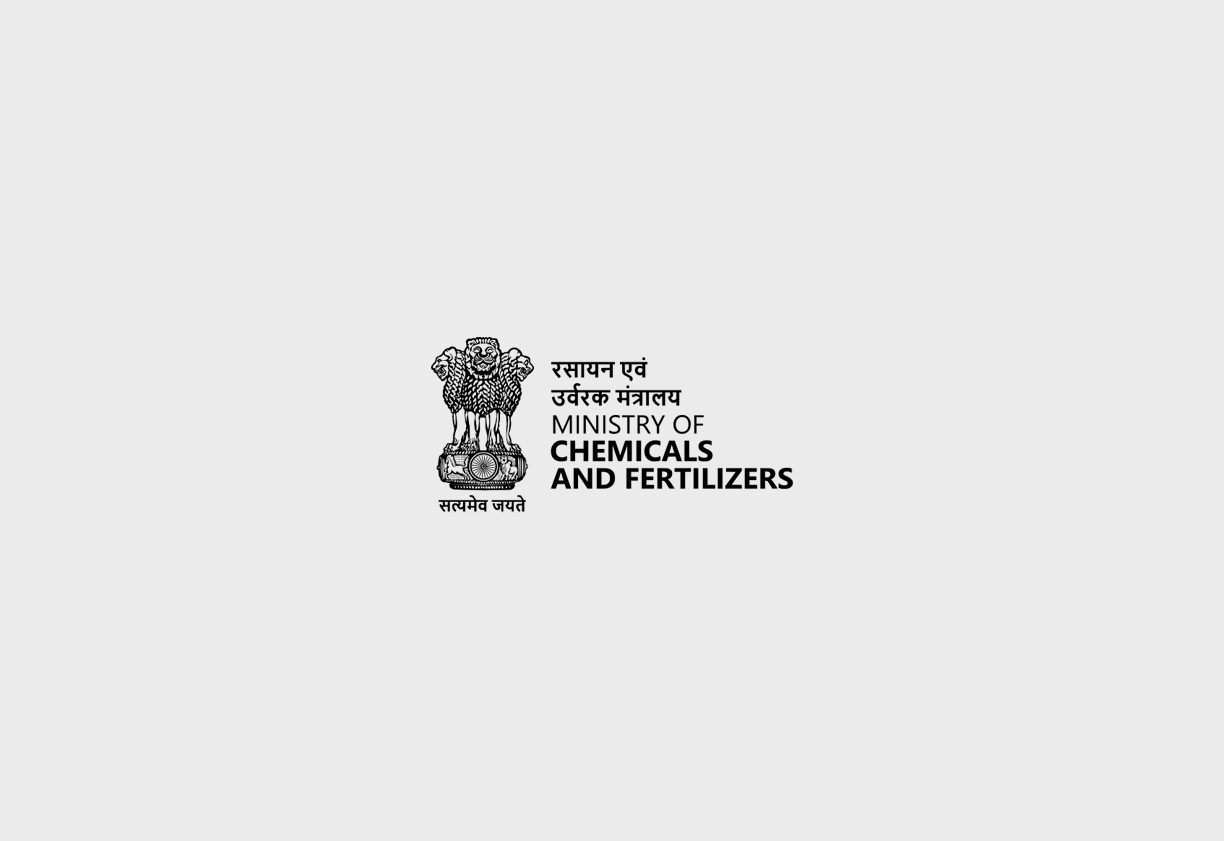Ministry of Chemicals and Fertilisers
The National Institutes of Pharmaceutical Education and Research Act, 1998, is a landmark legislation aimed at establishing and regulating institutions of national importance in the field of pharmaceutical education and research. This Act seeks to promote quality and excellence in pharmaceutical sciences, ensuring that the country has a skilled workforce in this crucial sector. It provides a framework for the establishment, functioning, and governance of these institutes, emphasizing research, innovation, and high standards of education.
1: Act Background and Ministry
The National Institutes of Pharmaceutical Education and Research Act, 1998, was enacted to address the need for high-quality pharmaceutical education and research institutions in India. The Act aims to create centers of excellence that can contribute to the growth and development of the pharmaceutical sector. The Ministry of Chemicals and Fertilizers oversees this Act, reflecting its responsibility in promoting education and research in the pharmaceutical industry. The Ministry plays a vital role in formulating policies, implementing the act, and ensuring the institutes’ growth and development.
2: Enactment Date, Number of Chapters, and Sections:
The Act was enacted on June 26, 1998, and is officially known as Act No. 13 of 1998.
-
The Act comprises three chapters that cover various aspects of the Institutes and their governance.
-
It also includes a schedule that lists the institutions declared as of national importance.
-
The Act contains 37 sections, along with a Schedule, outlining the establishment, powers, and functions of these institutions, and also includes provisions for a Council.
-
These sections address definitions, authorities of the Institutes, financial matters, and other miscellaneous provisions.
3: Act Governed By:
The Act is primarily governed by the following bodies:
-
The Board of Governors: Each Institute has a Board of Governors, responsible for the general superintendence, direction, and control of its affairs.
-
The Senate: Each Institute has a Senate, responsible for maintaining standards of instruction, education, and examination.
-
The Council: A central body established under Section 30A, responsible for coordinating the activities of all the Institutes.
-
The Visitor: The President of India acts as the Visitor, with the power to review the work and progress of the Institutes.
-
The Director: The principal academic and executive officer of each Institute, responsible for its administration and academic performance.
4: On Whom It Is Applicable:
The Act applies to:
-
All National Institutes of Pharmaceutical Education and Research (NIPERs) listed in the Schedule.
-
The Board of Governors, Senate, and other authorities of the Institutes.
-
All faculty, staff, and students of the Institutes.
-
The Council established under the Act.
-
The Central Government, which provides grants and issues directions.
5: Penalties/Punishments:
The Act does not specify penalties or punishments for non-compliance. However, it empowers the authorities to take disciplinary actions against staff and students for misconduct or violation of regulations. The Act also provides for the Central Government to issue directions to the Institutes for efficient administration. The Act also allows the Visitor to take action based on reports of inquiries, and the Board to take action against staff and students for misconduct.
6: Important Pointers:
-
The Act declares the listed institutions as institutions of national importance.
-
It provides for the establishment of a Board of Governors for each Institute, responsible for its management.
-
The Act outlines the functions of the Institutes, including teaching, research, and training in pharmaceutical sciences.
-
It establishes a Senate for each Institute to oversee academic matters.
-
The Act empowers the Institutes to grant degrees and other academic distinctions.
-
It provides for the setting up of a fund and an endowment fund for each Institute.
-
The Act mandates the maintenance of proper accounts and audits.
-
It establishes a Council to coordinate the activities of all the Institutes.
-
The Act emphasizes the importance of maintaining high standards in pharmaceutical education and research.
-
It allows the Central Government to issue directions to the Institutes for efficient administration.
-
The Act also provides for the establishment of a Tribunal of Arbitration to resolve disputes between the Institute and its employees.
-
It allows the Institutes to establish centers of excellence for drug discovery and development.
7: Download Act Copy




